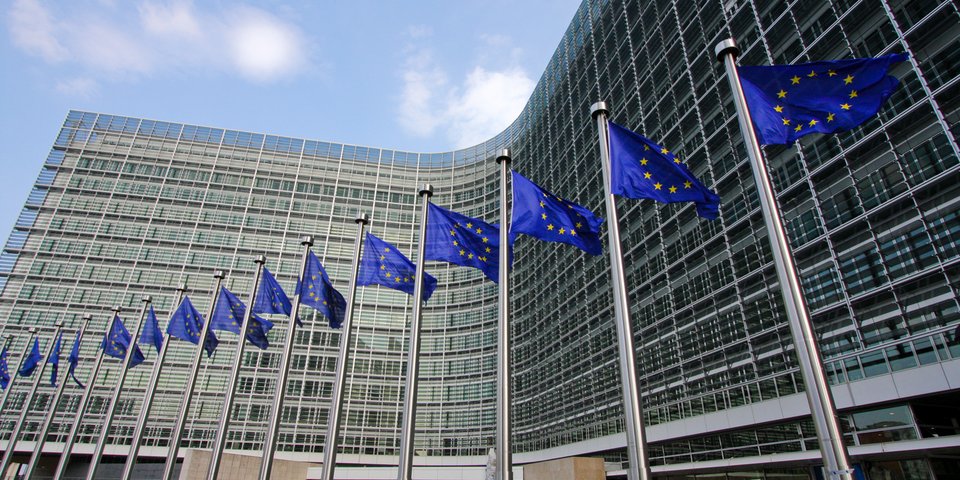 iStockphoto/Joris Van Ostaeyen
iStockphoto/Joris Van OstaeyenEuropean Solidarity Corps takes shape
Young people to be given the opportunity to get a solidarity-based job or traineeship in another EU country.
SW – 07/2017
The European Solidarity Corps has taken on a new form thanks to two large projects from the French and Italian employment authorities. Under the management of the French public employment agency (Pôle Emploi) and Italy’s National Agency for Active Labour Market Policies (ANPAL), selected applicants can get involved in various areas of solidarity work. This includes health care, social integration, environmental protection, helping migrants and refugees, and providing food aid in other EU countries.
The overall aim of the projects, which are funded by the EU Commission, is to provide up to 6000 young people aged between 18 and 30 with a solidarity-related job or traineeship in another EU country for a period of two to twelve months by 2019. Efforts are being made to have 100,000 young people in humanitarian and social projects domestically and abroad in the EU by 2020.
The European Commission first mentioned the idea of establishing a European Solidarity Corps last year (see article: Social insurance in the European Solidarity Corps).
At the end of May, the legal and financial framework for the Corps was presented in a proposal for a Regulation. The specific goals of the European Solidarity Corp were also defined.
In addition to the voluntary work, traineeships and jobs that have been available as part of the European Solidarity Corps since March this year, it will be possible for young people to start their own solidarity projects or to get involved in volunteering teams. Young people from disadvantaged backgrounds will also be able to take part. The need for an inclusive approach was one of the main topics brought up by stakeholders during the public consultation on the European Solidarity Corps. Therefore, the proposal explicitly makes reference to the fact that the Commission and participating countries should ensure efforts are made to promote inclusion, particularly the participation of disadvantaged young people.
Between 1 January 2018 and 31 December 2020, the European Commission will provide 341.5 million euros for the implementation of the European Solidarity Corps.
An accompanying working document provides information on implementing the European Solidarity Corps including duration of placements, who can participate and what support will be provided for volunteering placements, traineeships and jobs. This support includes online language training and online courses for areas such as intercultural awareness and health and safety.
In addition, participants who do voluntary work, a traineeship or a job will receive complementary health and accident insurance for insurance-related costs. This refers only to costs which are not already covered by the European Health Insurance Card or other insurance schemes such as the statutory accident insurance system. Additional financial support will be provided to help cover the necessary insurance costs of solidarity projects started by the participants themselves.
The implementation of the European Solidarity Corp will be done through existing structures, namely the European Commission and the Education, Audiovisual and Culture Executive Agency (EACEA) together with the national agencies which are responsible for the Erasmus+ Programme.
Individuals and organisations interested in the European Solidarity Corps can find more information here.
